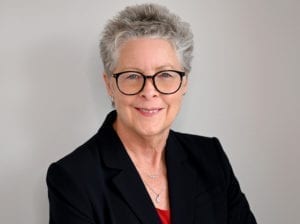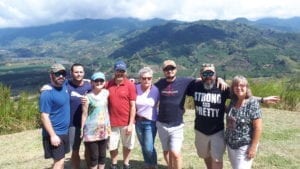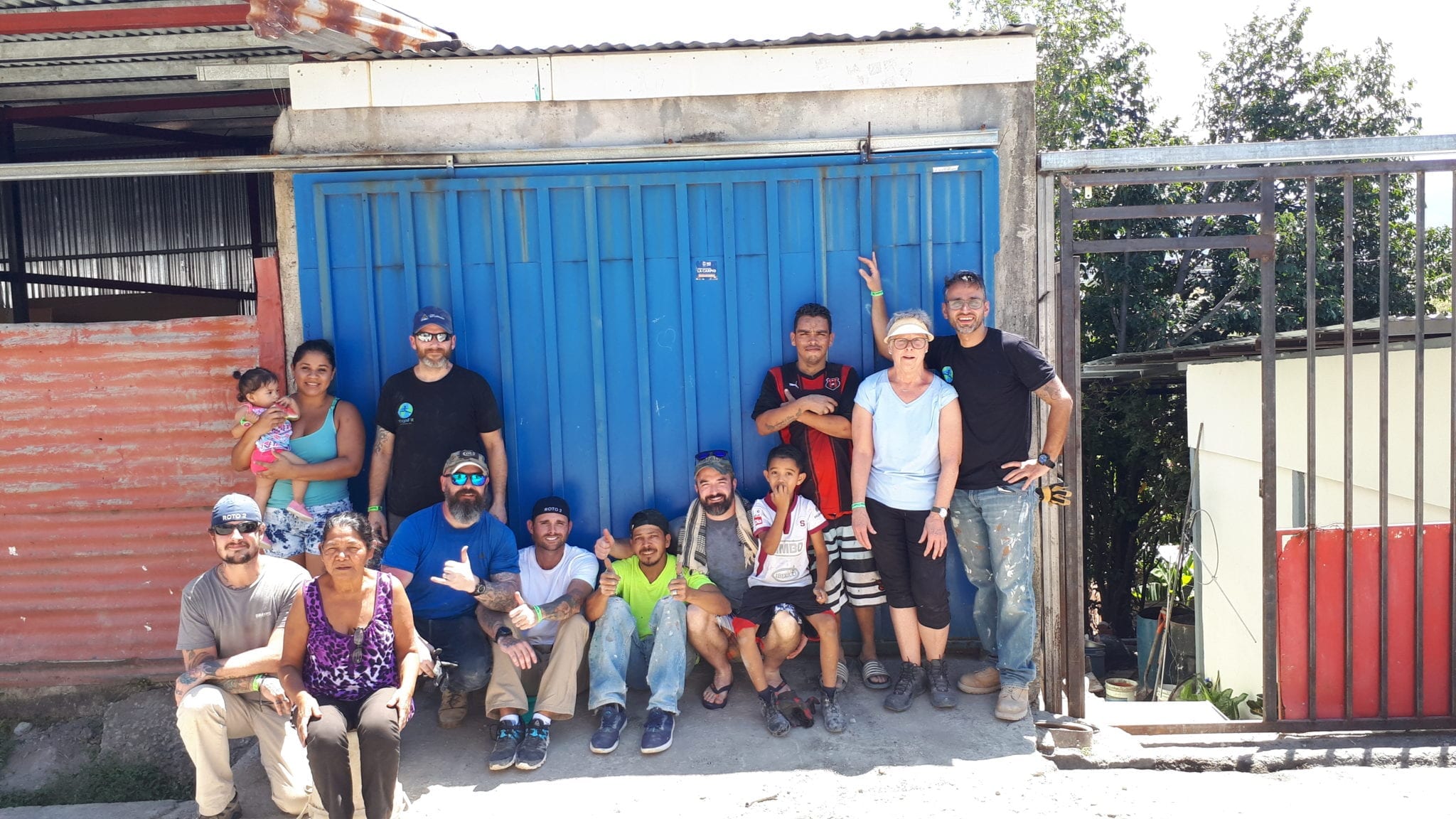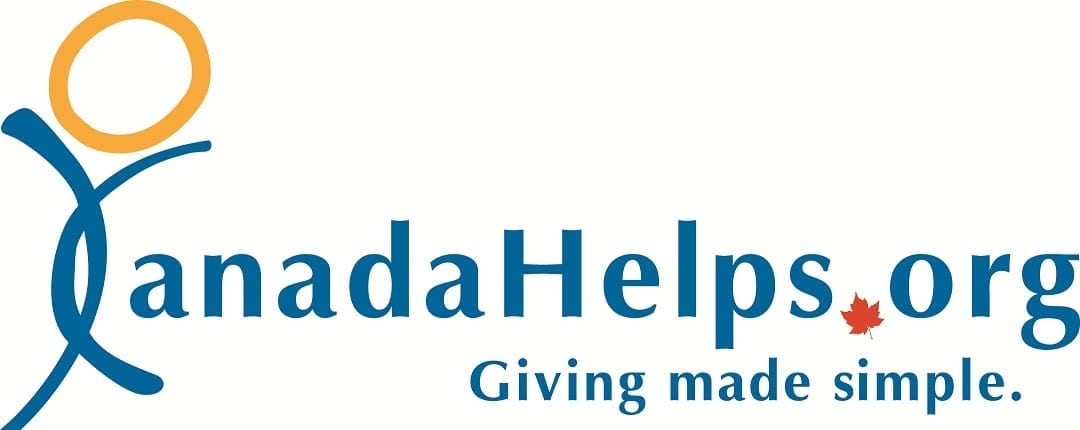This year was my first experience in the year-long Camp Aftermath program. Starting in January, I was able to connect with the participants via video-conferencing on a weekly basis, where basic personalities and current challenges (of participants and ourselves) were shared. By the time we came together in person at the end of February, it took us little time to cement the bonds that had already been forged. Mutual support and understanding was extended to everyone from everyone. This was a unique experience because, as a mental health professional, a balance between transparency and being a resource for all group members can be a little tricky. However, I didn’t have to worry: we all became transparent and a resource for each other – in my opinion, one of the very core values of the program.

Lise Preston
As for Phase 2 (philanthropic work in Costa Rica) – group shopping (in Canada prior to departure – Costco, no less!) for meals; checking in at Toronto Pearson Airport; landing and experiencing customs in Costa Rica – I did get the agent to smile – were soon done. All these activities challenged many of us, but with laughter and mutual support we were able to check into our rooms by late-afternoon. The program is very focused on explaining why every activity helps with both healthy mental and physical well-being. All the various short workshops are designed to help develop strategies to handle reactions while working in a different environment, i.e. daily yoga and meditation, workshops on journaling, breathing techniques, brain and body physiology, emotional reactions — as can be experienced when an individual is experiencing from a PTSD diagnosis. The focus is to encourage and recognize that physical and emotional reactions are all NORMAL under the circumstances from which they were developed – the participants are NORMAL.

Lise Preston on Roto 2
Now, we get together weekly, via video-conferencing. These meetings will be held for the next eight months as Camp Aftermath is a year-long commitment by the participants and the volunteers. In my opinion, this is what sets this program apart from others; we’re simply not done yet! We remain together as we continue to encourage the ongoing entrenchment of skills introduced during Phase 2.
Lise M. Preston, MSW, RSW, is a member of Camp Aftermath’s Advisory Board and is a social worker in private practice in Aurora, Ontario. A graduate of York University with both a Bachelor’s and Master’s Degree in Social Work, Lise’s initial interest in psychotherapy revolved around supporting individuals and their families when a member was experiencing a life-limiting illness.


